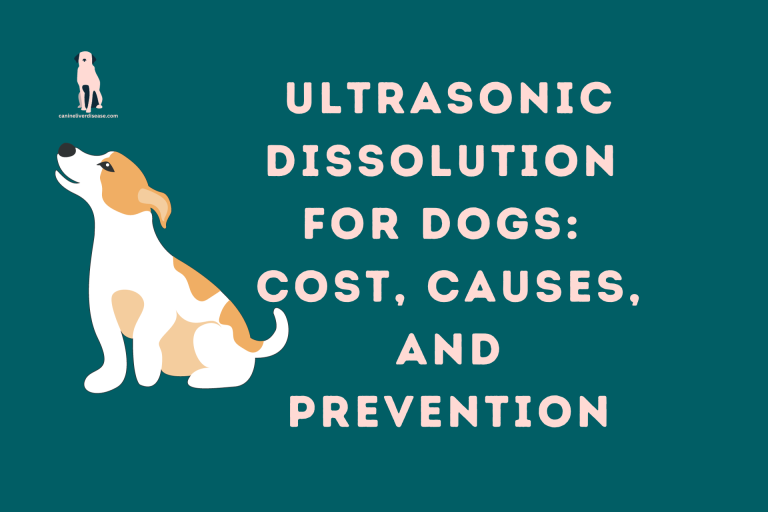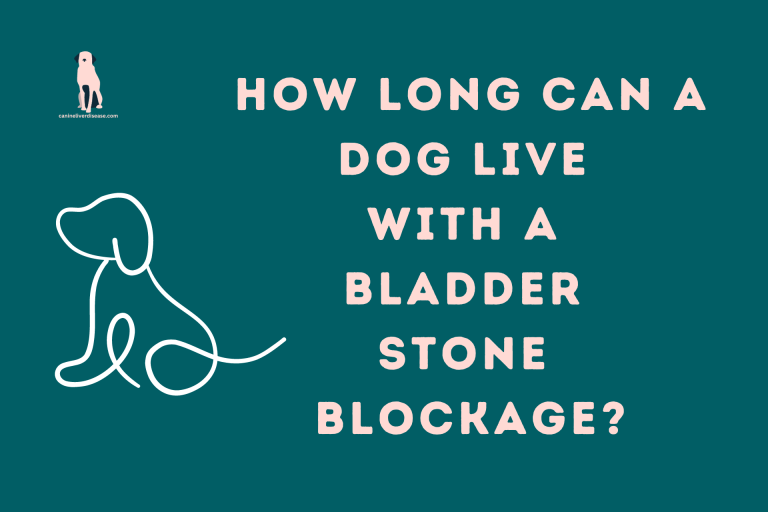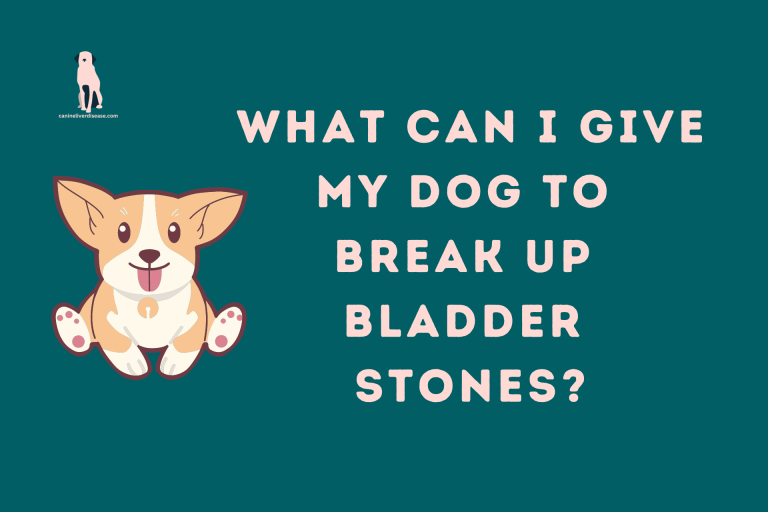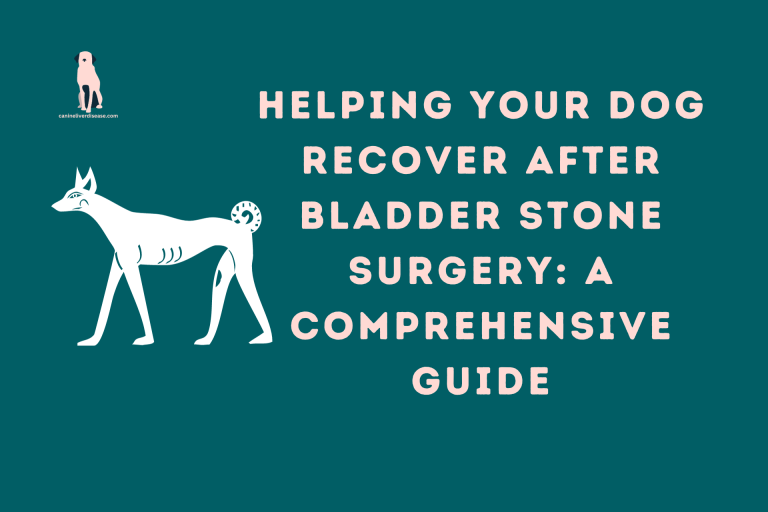What Causes Bladder Stones in Dogs?
Bladder stones in dogs can be a painful and concerning health issue for our furry friends. Understanding the main causes of bladder stones is crucial for their well-being. In this article, we’ll delve into bladder stones in dogs, exploring their types, symptoms, diagnosis, treatment, and, most importantly, what leads to their formation.
Understanding Bladder Stones
Bladder stones, or uroliths or cystic calculi, are mineral deposits in a dog’s urinary bladder. These stones can vary in size and composition, and they can cause discomfort and health complications if not addressed promptly.
Types of Bladder Stones
Different bladder stones, including struvite stones, calcium oxalate stones, and urate stones, can affect dogs. Each type has its unique characteristics and causes.
Main Causes of Bladder Stones
1. Diet
Diet plays a significant role in the formation of bladder stones. A diet high in certain minerals, such as magnesium and phosphorus, can increase the risk. Feeding your dog a balanced and appropriate diet prevents stone formation.
2. Dehydration
Insufficient water intake can lead to concentrated urine, which is more prone to stone formation. Encourage your dog to drink plenty of water to maintain proper hydration.
3. Breed Predisposition
Certain dog breeds, like Dachshunds, Shih Tzus, and Miniature Schnauzers, are more predisposed to bladder stone formation due to genetic factors. Regular veterinary check-ups are essential for these breeds.
Symptoms of Bladder Stones
Recognizing the symptoms of bladder stones is vital for early intervention. Common signs include frequent urination, straining to urinate, blood in the urine, and discomfort in the abdominal area.
Diagnosis and Treatment
If you suspect your dog has bladder stones, consult your veterinarian. Diagnosis usually involves a physical examination, urinalysis, and imaging techniques. Treatment may include dietary changes, medication, or, in severe cases, surgical removal of the stones.
Prevention Tips
Preventing bladder stones is achievable with the right care. Ensure your dog has access to clean water at all times, feed a balanced diet, and consider specialized diets if your dog is prone to certain stone types.
Conclusion
In conclusion, bladder stones in dogs can be painful, but with proper awareness and care, they can be prevented and treated. Understanding the causes and taking preventive measures is essential for your furry companion’s well-being.
FAQs
Q: Can bladder stones be dissolved with medication?
A: Struvite stones can often be dissolved with prescription diets and medications, but other types may require surgical removal.
Q: Are male dogs more prone to bladder stones?
A: Male dogs tend to have a higher risk of developing bladder stones due to their anatomy.
Q: Can homemade diets increase the risk of bladder stones?
A: Homemade diets may lack essential nutrients, leading to imbalances that increase the risk of stone formation.
Q: How can I encourage my dog to drink more water?
A: You can try adding water to your dog’s food, using a pet water fountain, or offering ice cubes as a treat.
Q: Is it possible for bladder stones to recur after treatment?
A: Bladder stones can recur, especially if preventive measures are not followed consistently.







